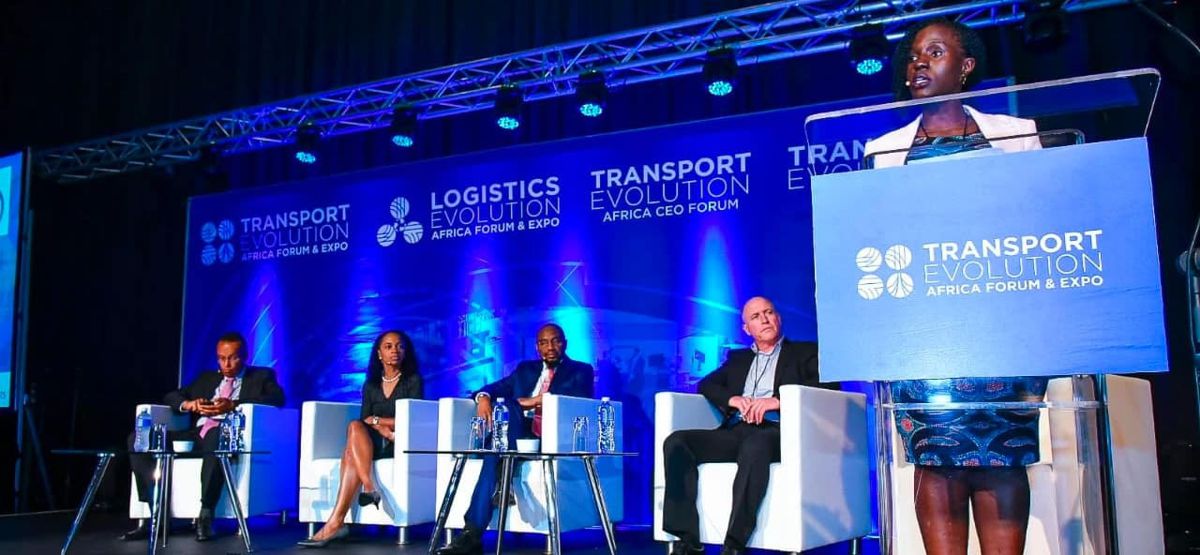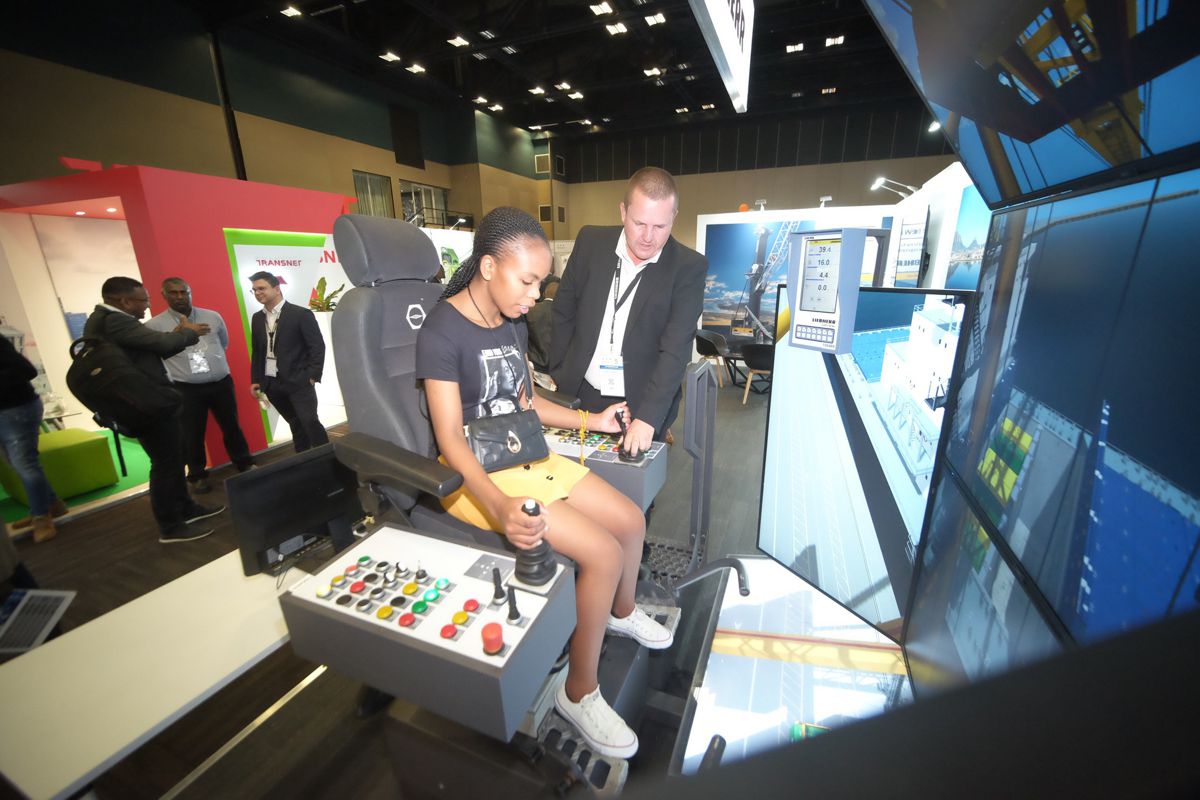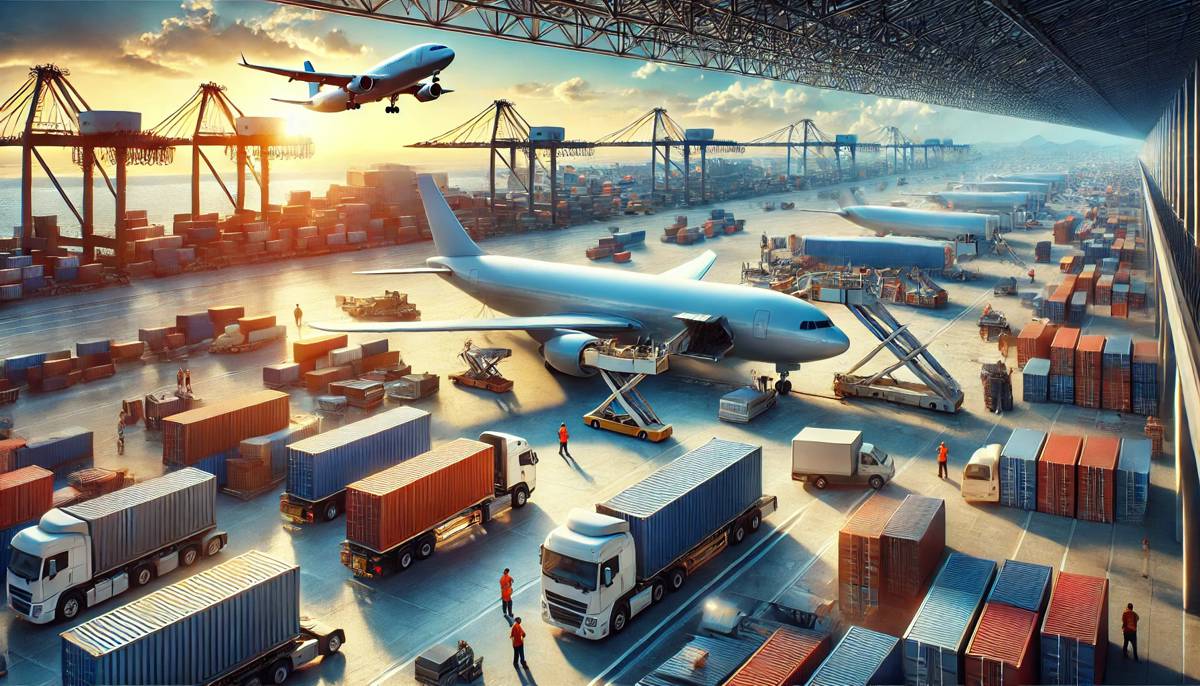Supercharging Transport and Logistics for Africa’s Economic Growth
Africa’s economic prosperity hinges on its ability to efficiently move people and goods across borders, cities, and continents. Yet, the continent’s transport and logistics sectors face significant hurdles, ranging from underdeveloped infrastructure to fragmented systems that impede trade and connectivity.
Enter the 12th annual Transport Evolution Africa Forum & Expo, set to take place in Johannesburg from 4-6 March 2025. Under the theme “Supercharging Regional Connectivity: Driving Intermodal Transport and Logistics Growth in Africa,” this event promises to bring industry leaders, policymakers, and experts together to shape the future of African transport.
The expo, as part of Africa’s broader vision of achieving the goals outlined in Agenda 2063, will highlight innovative strategies, technological advancements, and essential partnerships needed to bridge existing gaps. The ultimate aim? To accelerate the continent’s journey towards an integrated, sustainable, and modern transport infrastructure—one capable of driving economic growth, boosting trade, and improving regional connectivity.
The Transport Conundrum
Transport infrastructure in Africa has long been a critical issue. Roads, railways, ports, and airports are often underfunded, outdated, or poorly managed, limiting the potential for economic expansion and regional integration. The challenges don’t stop there. Africa’s burgeoning population and urbanisation trends only add more pressure to these already stretched systems.
At the heart of the issue is the lack of funding. The World Bank estimates that Africa’s infrastructure financing gap is between $68 billion and $108 billion per year. Closing this gap is essential if the continent is to develop robust, interconnected transport networks. While governments play a significant role, they cannot shoulder the responsibility alone. A key solution lies in attracting private sector investment. Public-private partnerships (PPPs) offer a viable path forward, with private investors helping to fund large-scale infrastructure projects, while governments provide regulatory support and a stable investment environment.

Investment in Skills and Technology
Yet, as essential as financial investment is, it’s only one piece of the puzzle. A skilled workforce and cutting-edge technology are equally critical for Africa to supercharge its logistics sector. Transport and logistics require highly trained professionals to manage increasingly complex supply chains. Unfortunately, Africa suffers from a skills gap in this area, with many nations lacking the training facilities or resources to develop the necessary expertise.
To tackle this issue, the Transport Evolution Africa Forum will emphasise the need for widespread investment in human capital. By fostering partnerships between educational institutions, governments, and private companies, the continent can train the next generation of logistics experts, ensuring that they are equipped to handle Africa’s evolving transport challenges.
Furthermore, technology plays an increasingly important role in modern transport systems. The integration of artificial intelligence (AI), real-time logistics tracking, and automation could revolutionise supply chain management, making it more efficient and cost-effective. Implementing digital technologies across transport networks is essential to improving regional connectivity and lowering trade costs.
Climate-Resilient Infrastructure
Africa’s climate vulnerability adds another layer of complexity to its transport infrastructure challenges. Extreme weather events, such as flooding and drought, can disrupt transport networks, causing delays, damage, and skyrocketing costs. Building climate-resilient infrastructure is no longer a luxury but a necessity.
Green transport solutions will be at the forefront of discussions at the Transport Evolution Africa Forum. Sustainable development is essential to ensuring the longevity and resilience of Africa’s transport systems. Whether it’s through the use of renewable energy in transport systems, designing climate-adaptive infrastructure, or adopting low-emission vehicles, the move towards greener transport will be a key focus for industry stakeholders.

The Power of Air Connectivity
While road and rail networks are essential for continental trade, air transport remains crucial for connecting Africa with the rest of the world. However, Africa’s aviation sector faces its own set of challenges, including high operational costs, limited capacity, and poor cooperation between national airlines.
During the event, discussions will focus on how to transform Africa’s air transport sector into a powerful driver of economic growth. Solutions such as reducing taxes on air travel, improving airport infrastructure, and fostering greater airline cooperation will be explored to enhance connectivity and make air travel more affordable and accessible across the continent. Notably, strengthening aviation hubs across Africa could position the continent as a key player in global trade and tourism.
Ports and Logistics
Modernising Africa’s ports is essential to supporting the continent’s growing trade volumes. Port congestion and inefficient customs processes frequently lead to delays, adding substantial costs to the supply chain. The Transport Evolution Africa Forum & Expo will highlight the role of digital technologies in addressing these issues.
Automated port operations, streamlined customs processes, and the introduction of smart corridors will be pivotal in driving trade efficiencies. Additionally, integrating single border checkpoints and harmonising regional regulations could drastically reduce transit times and cut down on logistics costs, making Africa’s transport networks more competitive on the global stage.

A Multimodal Approach
No longer can Africa rely solely on road or rail to solve its transport challenges. A multimodal approach, integrating road, rail, air, and maritime transport systems, is crucial to maximising efficiency and unlocking the full potential of Africa’s logistics networks.
This intermodal approach, which will be central to discussions at the Transport Evolution Africa Forum, promises to shift the narrative away from traditional transport models. Instead, the focus will be on creating a dynamic ecosystem where goods and people can move seamlessly across different modes of transport. By improving connections between Africa’s railways, highways, ports, and airports, the continent can reduce bottlenecks, lower costs, and foster regional integration.
Unlocking the Future of African Transport
With regional integration and intermodal transport solutions at the forefront of the agenda, the Transport Evolution Africa Forum & Expo is a must-attend event for industry professionals. From tackling infrastructure financing gaps to embracing technology and climate resilience, this forum will offer concrete solutions to Africa’s transport challenges.
It’s not just an opportunity to address immediate concerns—it’s a chance to shape the continent’s future. Stakeholders who participate will play a crucial role in defining strategies for improving connectivity, supporting trade, and driving economic growth. By focusing on innovation, collaboration, and sustainability, Africa’s transport and logistics sectors can be transformed into engines of prosperity.





























